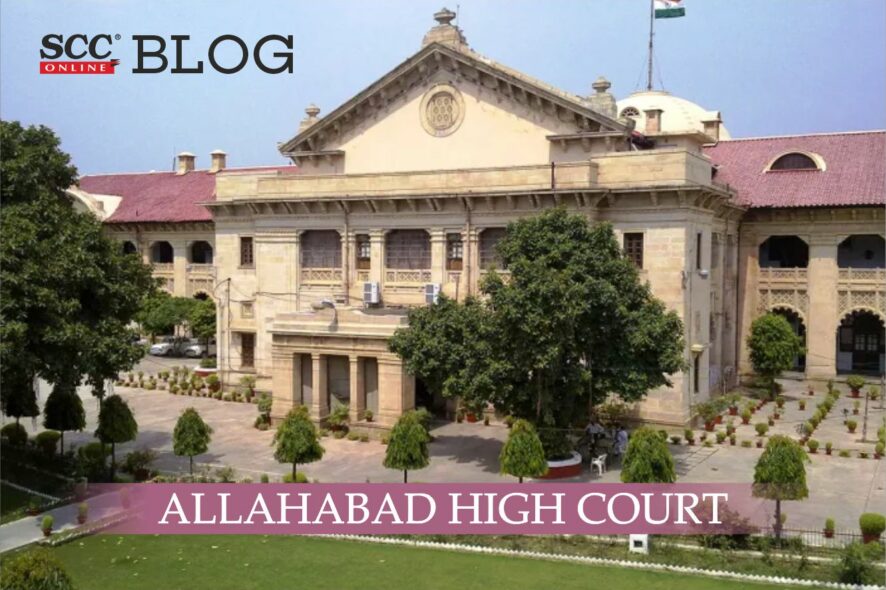Allahabad High Court: In a bail application filed by the applicants for quashing the proceedings and setting aside the bail cancellation order by the Trial Court, Ajai Kumar Srivastava,J. has observed that it is a settled law that once bail has been granted by a competent court after due consideration of facts and circumstances of the case, the same should not be cancelled in a mechanical manner without there being any supervening circumstance, which are not conducive to the fair trial. The Court further held that the impugned order is patently illegal as it was passed by the trial court without issuing notice to the applicants and without affording them a reasonable and sufficient opportunity of hearing and thus, caused miscarriage of justice to the applicant.
The Court viewed that a bail cannot be cancelled on a prayer or request from the side of the complainant/ investigating agency/ victim, unless and until, it is shown to the satisfaction of the court concerned that the same is being misused and is no longer conducive, in the interest of justice, to allow the accused persons any further to remain on bail. It was also observed that there is no doubt that the bail can be cancelled only in those discerning few cases where it is established that the accused is misusing the same.
The Court took note of the ruling in Samarendra Nath Bhattacharjee v. State of W.B., (2004) 11 SCC 165 , wherein it was observed that “the High Court has approached the case as if it is an appeal against the conviction by giving findings on factual issues which are yet to be decided” and the Court found the matter to be too premature, which is likely to prejudice the trial, and since the only ground on which the cancellation of bail could have been ordered being the ground of intimidation, the same was not satisfactorily proved. Therefore, in view of the Court, the High Court erred in cancelling the bail granted to the accused.
Thus, the Court observed that the fact of alleged intimidation or extending threat to the complainant and witnesses, was not intimated to the trial court. Further, the trial court at least ought to have provided a reasonable and sufficient opportunity to the applicants to show cause against such an application made by the prosecution for bail cancellation, as the same was likely to affect personal liberty of the applicants adversely.
The Court referred to Mehboob Dawood Shaikh v. State of Maharashtra, (2004) 2 SCC 362, wherein it was held that “the cancellation of bail is never be resorted to lightly”. It also cited P.K. Shaji v. State of Kerala, (2005) 13 SCC 283 and Gurdev Singh v. State of Bihar, (2005) 13 SCC 286, wherein it was held that “cancellation of bail cannot done without giving notice to the accused and giving him an opportunity of being heard”.
Thus, the Court viewed that the impugned order passed by the trial court without issuing notice to the applicants and without affording them a reasonable and sufficient opportunity of hearing is patently illegal being in flagrant violation of the abovementioned judgments and has, thus, caused miscarriage of justice to the applicants. Hence, the Court directed the Trial Court to release the applicants and granted it liberty to issue notice to the applicants stating the grounds for cancellation of bail and to further decide the same expeditiously in accordance with law after affording reasonable opportunity of hearing to the parties,
[Rajendra Kumar v. State of UP, 2022 SCC OnLine All 688, decided on 30.09.2022]
Advocates who appeared in this case :
Tanay Hazari, Advocate, Counsel for the Applicant;
Government Advocate, Counsel for the Opposite Party.






